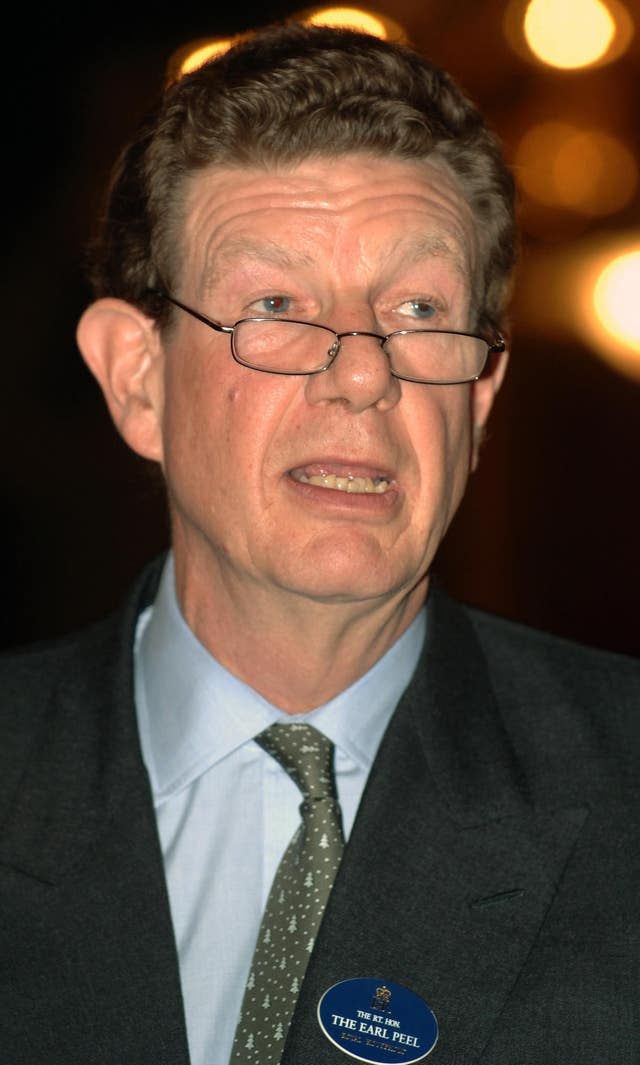Head of Queen’s working household delays retirement due to pandemic

The most senior official in the Royal Household has delayed his retirement because of the coronavirus pandemic.
The Lord Chamberlain, Earl Peel, agreed to stay on for longer, amid the ongoing Covid-19 crisis, while the search for his successor took place, Buckingham Palace said.
Lord Peel, 73, was due to step down at the end of 2020.

The Palace would not comment on the timescale for appointing his successor.
Lord Peel, who took on the position in 2006, heads the Queen’s working household and it is his job to ensure the smooth running of all the different departments.
He is a direct descendant of 19th century Conservative prime minister and founder of modern policing Sir Robert Peel.
During his time in the role, Lord Peel has led the Royal Household through the Queen’s Diamond Jubilee celebrations of 2012 and the overhaul of how the royal family is financed with the introduction of the Sovereign Grant, and more recently the start of the major multi-million pound renovations at the palace.
When the Queen made unguarded remarks to a policewoman about “very rude” Chinese officials at a garden party in 2016, it was Lord Peel who introduced the monarch to Commander Lucy D’Orsi, highlighting her role as Gold Commander for the Chinese state visit, and remarking that she had been “seriously, seriously undermined by the Chinese”.
The past year has seen the royal family’s duties change in an unprecedented way as the Queen retreated to Windsor Castle in lockdown and the monarch and the rest of the family switched to virtual engagements.

The Royal Collection Trust has also lost millions of pounds in revenue because of the closure of royal residences to tourists.
The post of Lord Chamberlain, which pays around £90,000 a year, is a part-time one and includes chairing regular meetings of all heads of department.
Lord Peel oversees all senior appointments in the household, is the channel of communication between the sovereign and the House of Lords and ensures co-ordination between Buckingham Palace and Clarence House.
The position dates from the Middle Ages, when the King’s Chamberlain often acted as the king’s spokesman in council and parliament.
On ceremonial occasions, the Lord Chamberlain carries a white staff and a gold key, the symbols of his office.
Tradition dictates that the Lord Chamberlain must symbolically break his white staff over the grave of the sovereign he serves when they die.
Until 1924, the appointment was a political one, but now the Lord Chamberlain does not participate in political activities.
The Lord Chamberlain’s Office, which is independent from the Lord Chamberlain, is responsible for organising royal weddings and funerals, garden parties and the State Opening of Parliament, and is run by the Queen’s Comptroller.


